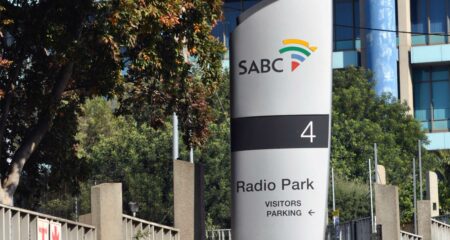
South Africa’s real matric pass rate is less than 45%, AfriForum said on Monday.
“If one were to compare the number of leaners who enrolled for grade one in 2003 to the number who passed matric in 2014, the actual pass rate amounts to less than 45%,” said AfriForum deputy CEO Alana Bailey in a statement.
Basic education minister Angie Motshekga announced that the national pass rate was 75,8%, from 78,2% in 2013.
Bailey said Motshekga’s department should “urgently assume responsibility for this figure and tackle the causes behind this drop-out rate head-on”.
“This includes the lack of mother-language education, inefficient curriculum options, textbook delivery problems, the paralysing actions by some education unions, inadequate teacher training opportunities, dysfunctional schools, problems with discipline, and now also group examination fraud, which discredits the hard-earned qualifications of many innocent students.”
Political parties had mixed reactions to the 2014 matric pass rate on Monday.
The National Freedom Party was unhappy about the results dropping in most provinces.
“In KwaZulu-Natal, a lot of administrative problems were reported and more than R500m had to be returned back to the department whilst schools were without the infrastructure,” secretary general Nhlanhla Khubisa said in a statement.
A lack of discipline and a poor culture of teaching and learning in most schools compromised results, he said.
The Pan Africanist Congress said the results highlighted “serious deficiencies” in South Africa’s education system.
“The mindset of begging for work after 12 years of training, rather than creating opportunities, is a shame,” deputy president Sbusiso Xaba said in a statement.
The party was convinced that failure at rural schools was due to the language barrier rather than subject comprehension, as the bottom provinces — the Eastern Cape, KwaZulu-Natal, Limpopo and the Northern Cape, had large rural school populations.
The Congress of the People called on national government to take action against the poor performing provinces. Deputy general secretary Deidre Carter expressed concern at the number of students who dropped out of the system, voluntarily or through culling, before reaching matric.
“Furthermore, Cope expresses its concern at whether our matriculation results signify solid grounding in the national curriculum. Our biggest concern relates to inadequacies in mathematics, science, economics, and business studies.”
Democratic Alliance Eastern Cape education spokesman Edmund van Vuuren said the drop-out rate was disconcerting.
In 2012, 139 323 pupils were enrolled in grade 10. Of these only 68 548 reached grade 12 in 2014, a retention rate of 49,2%.
Of the 68 548 pupils ingGrade 12 in 2014, 66 935 wrote the exams.
“What happened to the other 1 613 learners that were in grade 12 but did not sit the exams?” he asked. — Sapa, with TechCentral




